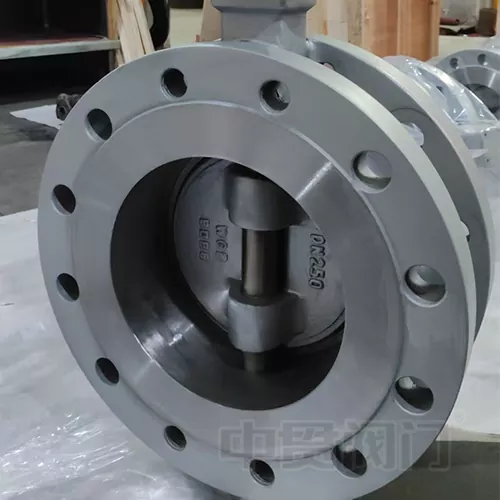How to maintain Butterfly Valve
2025-06-12
Maintaining a butterfly valve properly ensures its long-term performance, safety, and reliability. Here’s a general maintenance guide:
1. Regular Inspection
Frequency: Inspect quarterly or as per usage conditions.
Check for:
Leaks around the valve body or stem
Corrosion or damage on the disc and body
Smooth operation of the handle, gear, or actuator
2. Cleaning
Remove debris or buildup from the disc and seat.
Use a soft brush and non-corrosive cleaner for cleaning internal parts.
Ensure the valve is in a partially open position during cleaning to avoid damaging the seat.

3. Lubrication
Apply appropriate grease to the stem and moving parts (if the design allows).
Don’t over-lubricate—some valves are self-lubricating or sealed.
4. Seal and Seat Maintenance
Inspect rubber or elastomer seats for wear, hardening, or tearing.
Replace worn-out seals or seats to prevent leakage.
Always use compatible materials during replacement.
5. Actuator Check (If Present)
For pneumatic, electric, or hydraulic actuators:
Inspect pressure levels, electrical connections, and responsiveness.
Calibrate and test function periodically.
6. Operational Testing
Cycle the valve open and closed fully to check for sticking, noise, or resistance.
Ensure the valve closes tightly and seats properly.
7. Storage Tips (If Not in Use)
Store in a dry, clean area.
Keep slightly open to avoid seat sticking.
Protect flange faces and sealing surfaces.


